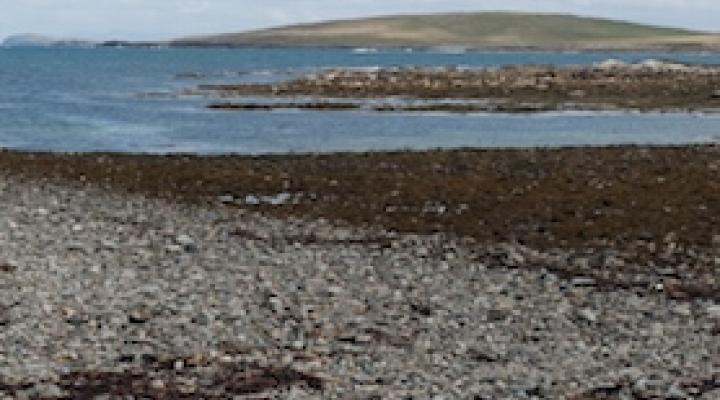

Michael Redclift analyzes “sustainable development” as a product of the Modernist tradition, arguing for a new vision of the world in which the authority of science and technology is questioned and more emphasis is placed on cultural diversity.
Laura Westra discusses environmental holism in relation to the democratic rights of individuals and of nation states within the international community.
Arne Naess discusses the distinction made by Kant between “moral” and “beautiful” actions in relation to efforts to counteract the current ecological crisis.
Martinez-Alier discusses issues relating to the concept of “sustainable development” as used by the Brundtland Commission.
Adam Cole-King discusses coastal conservation in Britain and the importance of reappraising tradition perceptions towards addressing British coasts’ diverse needs.
Andrew Brennan discusses the complexity of environmental literacy, questioning the role of discipline-based education.
David Cooper discusses the identification of what is wrong with the demise of wildlife and the human sentiments which are offended by that demise.
Chris Rose discusses Greenpeace UK in relation to public awareness of environmental problems.
John Adams discusses the resurgence of cost-benefit analysis and its failures relating to lack of progress and environmental damage caused by major transport projects.
Lester Milbrath discusses the good life, as practised in modern society, claiming it to not only be unsustainable but also frequently not even good.